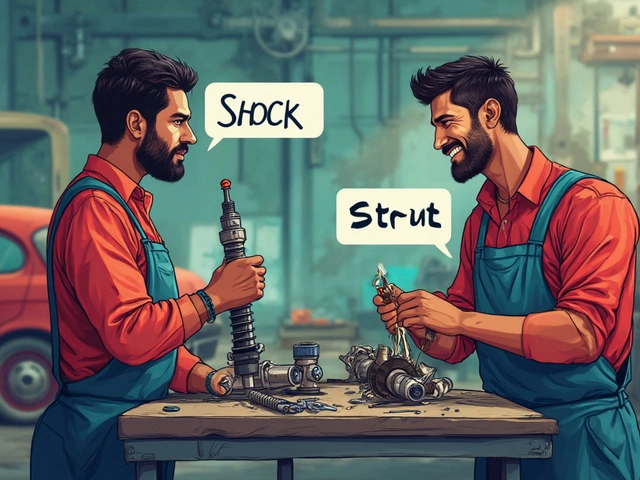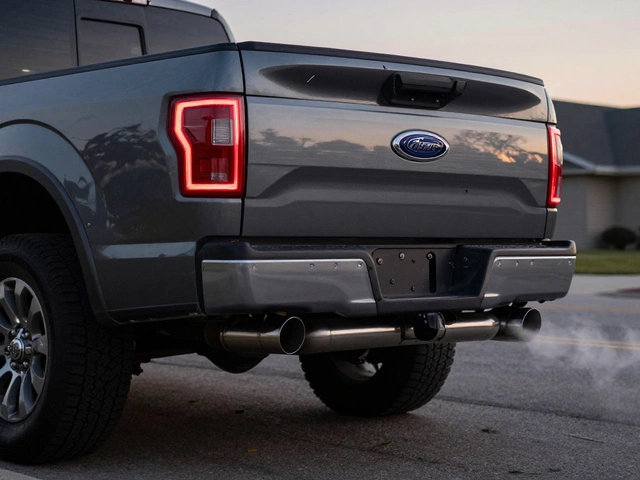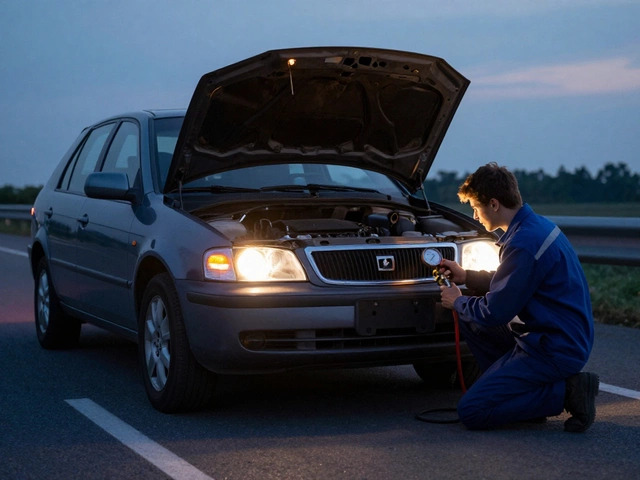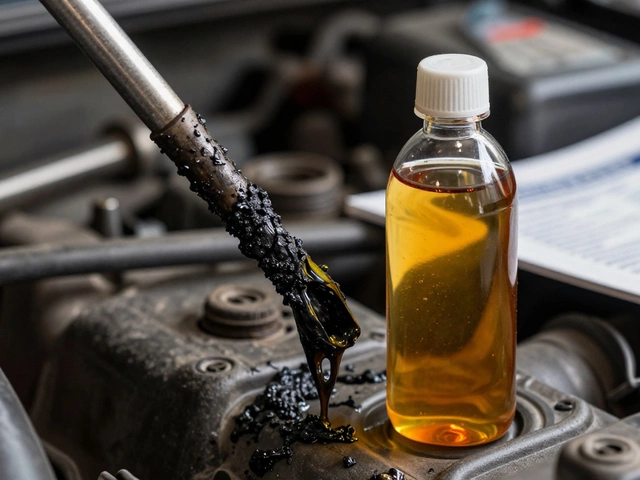
Cooling System: What It Is, Why It Matters, and What Can Go Wrong
When your engine runs, it gets incredibly hot—hotter than a stove burner. That’s where the cooling system, a network of parts designed to pull heat away from the engine and keep it running at safe temperatures. Also known as the engine cooling system, it’s not just a radiator and some coolant—it’s a tightly balanced system that includes the water pump, thermostat, hoses, fan, and even the radiator cap. If any part of it fails, your engine doesn’t just slow down—it can seize, warp, or melt. And it doesn’t take long. Just 15 minutes of overheating can cost you a new engine.
The car radiator, the main heat exchanger that transfers engine heat to the outside air. Also known as the radiator core, it’s usually up front, behind the grille, and gets clogged with bugs, dirt, and rust over time. Even electric cars have radiators—just smaller ones. They cool the battery and motor, not the engine, but the principle is the same: heat must go somewhere. A clogged radiator, a leaking hose, or a stuck thermostat can all cause the same result: overheating. And if your coolant looks dirty, smells burnt, or is low, you’re already playing Russian roulette with your engine.
Most people think the cooling system is "set and forget." It’s not. Coolant breaks down. Hoses crack. Water pumps wear out. Thermostats stick. And when they do, you won’t always get a warning light. Sometimes, it’s just a slight loss of power, a strange smell, or the temperature gauge creeping up while you’re stuck in traffic. That’s not normal. That’s your cooling system screaming for help.
This collection of posts dives into the real-world problems people face with cooling systems—like why modern cars still need radiators, what happens when they fail, and how to spot trouble before it turns into a tow truck bill. You’ll find clear explanations of radiator replacement, signs of a failing water pump, and why ignoring coolant changes is one of the cheapest mistakes to fix—and one of the most expensive to ignore.
-
10 Mar






